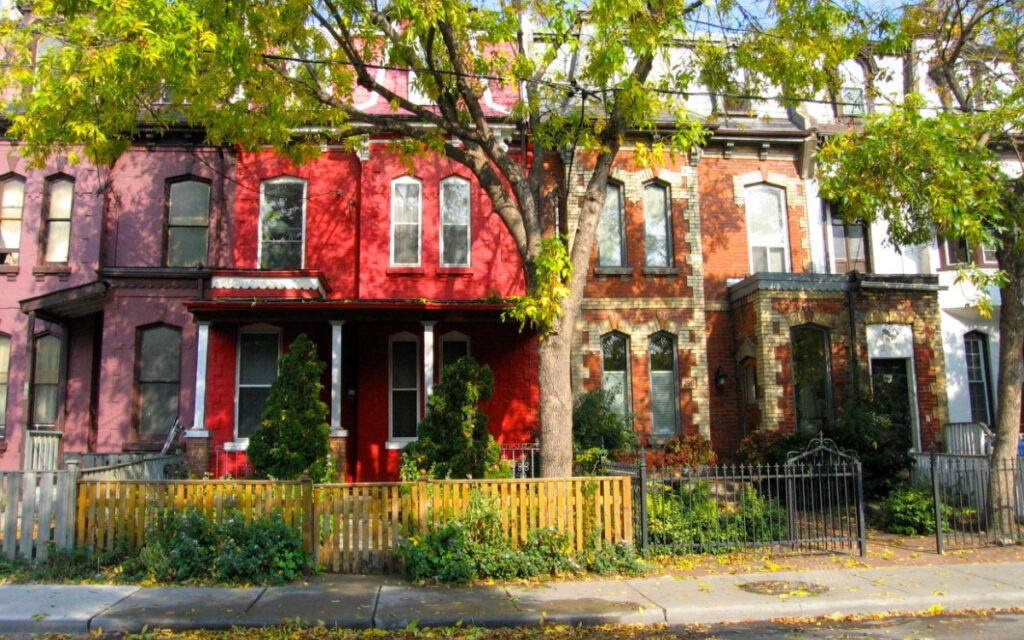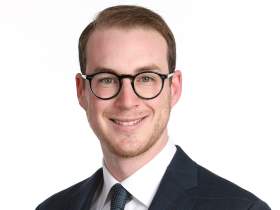
Those who argue for higher taxes to solve Toronto’s budget woes continuously claim Torontonians are undertaxed, because property tax rates are lower than in neighbouring municipalities. That argument deserves two separate responses. Photo credit: Wikimedia Commons
It’s time to finally bust a myth: Torontonians do not have a lower tax burden than taxpayers in other major Ontario municipalities.
Toronto taxpayers carry a higher tax burden than taxpayers in Ottawa, Hamilton, London and Windsor.
Toronto politicians keep trying to convince taxpayers that higher taxes are needed to meet the city’s budget woes.
Mayor Olivia Chow’s budget chief, Councillor Shelley Carroll, has been pushing hard for city council to support tax hikes to close the city’s present budget shortfall and spend an avalanche of additional taxpayer dollars on city hall’s pet projects.
Just weeks ago, she spoke fawningly about the idea of introducing the first municipal sales tax in Canada. And she’s won over some allies.
A majority of Toronto’s tax-happy councillors sided with Carroll and voted on Sep. 6 to ask Ontario Premier Doug Ford to allow the city to impose a municipal sales tax.
Thankfully, Ford has given every indication he’ll say, “No, thank you.”
Those who argue for higher taxes to solve Toronto’s budget woes continuously claim Torontonians are undertaxed, because property tax rates are lower than in neighbouring municipalities.
That argument deserves two separate responses.
First of all, while Toronto’s overall rates may be lower, the city assesses home values to be much higher than the value of homes in nearby cities. That leaves Toronto homeowners with a sky-high property tax burden.
Second, those who continuously harp on about property taxes leave out other burdens Toronto taxpayers alone have to shoulder.
Only Toronto taxpayers have to pay a municipal land transfer tax when selling their homes. That takes $1 billion out of the pockets of taxpayers each year. And because Chow recently convinced councillors to hike the land transfer tax, more money will be taken in future years.
A quick comparison with other major Ontario municipalities shows Torontonians actually face a higher tax burden once property taxes, user fees and other taxes are added up.
In 2023, the average Toronto resident can expect to pay roughly $3,375 in municipal taxes. That’s $218 more than a resident of Ottawa, $680 more than a resident of Windsor, $763 more than a resident of London and $1,155 more than a resident of Hamilton.
In short, Torontonians are not undertaxed.
How, then, should the city solve its present budget problem?
Toronto currently faces a budget deficit of $1.5 billion. But municipalities in Ontario cannot run deficits. That means the city needs to take action to close that shortfall.
Chow thinks her silver bullet is a plan to impose a municipal sales tax. But she should look for savings instead.
If Toronto went back to spending levels that were in place in 2022, the city could save $1.2 billion. That would solve nearly 80 per cent of the city’s budget shortfall.
To make up the rest, council should comb through the budget.
One idea is to cancel Toronto’s bid to host some 2026 World Cup games, which has the city on the hook for at least $100 million.
Another is getting the salaries of city employees under control. There are now 8,107 Toronto municipal employees on the provincial sunshine list, which charts government staff earning more than $100,000 a year. That’s a 39 per cent increase over the past five years.
City employee pay should be brought in line with compensation in the private sector which is, on average, 8.5 per cent lower.
Tending to those two issues could easily close the remainder of the budget gap.
The bottom line is that Toronto taxpayers face a comparatively high tax burden and even higher taxes are not the answer to the city’s present budget woes. Toronto politicians need to find savings instead of asking taxpayers to pay even more.

Jay Goldberg is the Ontario Director at the Canadian Taxpayers Federation. He previously served as a policy fellow at the Munk School of Public Policy and Global Affairs. Jay holds a Ph.D. in Political Science from the University of Toronto.




















